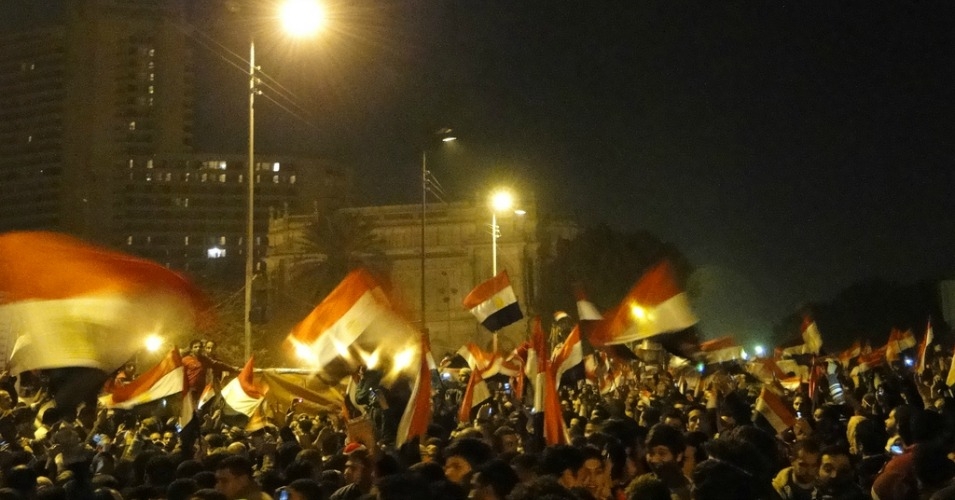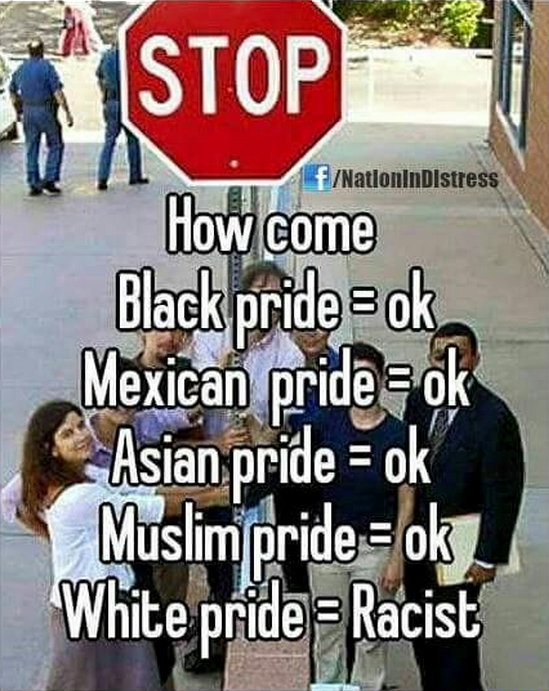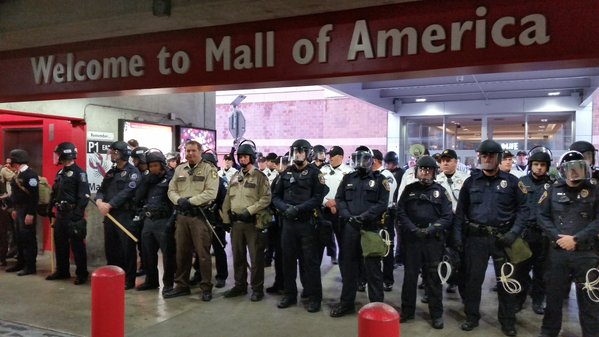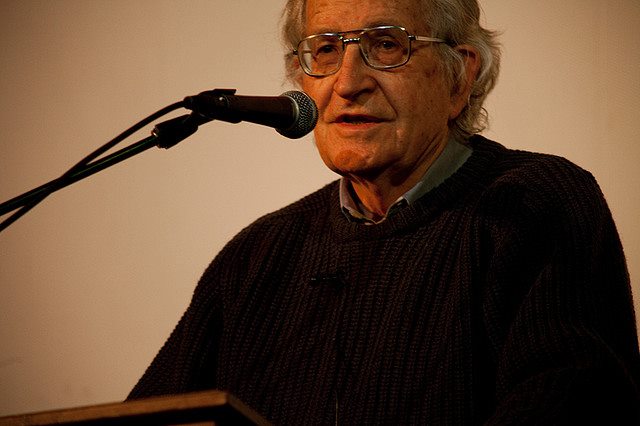Project-based housing creates (or strengthens) ghettos of low-income people
Written by Susan Sered and Miriam Boeri. Published in The Conversation on 1-26-2016.
![Vision of the front entrance to the Charlesbank Cooperative high-rise building in Boston from the front walkway. Photo: MaynardClark (Own work) [CC BY-SA 3.0 (http://creativecommons.org/licenses/by-sa/3.0)], via Wikimedia Commons](http://occupyworldwrites.org/wp-content/uploads/2016/01/CharlesbankCooperativeEntranceFromWalk.jpg)
Vision of the front entrance to the Charlesbank Cooperative high-rise building in Boston from the front walkway. Photo: MaynardClark (Own work) [CC BY-SA 3.0], via Wikimedia Commons
From the time she left foster care at age 18 until her late 20’s,
Carly was homeless, staying at shelters or couch-surfing with acquaintances in the Boston area.
In August 2014 she finally got an apartment with the help of a housing voucher from an agency called Home Start. The one-bedroom apartment, located in Boston’s Dorchester neighborhood, rented at US$1,150 per month. The location wasn’t ideal – the area is where she’d spent time, over a decade earlier, in a gang and dealing drugs. But it was the only apartment she could find with a landlord who was willing to rent to her.
From the outside, the building appears to be quite nice. Inside, it’s a different story: the stairwell is collapsing, and even daily sweeping doesn’t eradicate the fresh mice droppings that dot the floor. Disparate piles of sawdust (likely leftover from some sort of wood-munching insect) appear near the floorboards. The walls are soaked with mold.
“The landlord – he’s a slumlord,” Carly explains. “He will not fix anything.”
Now pregnant, she’s received a $1,500 voucher for a two-bedroom apartment. But after weeks and weeks of searching, she hasn’t been able to find one.
We’ve spent months researching how poor and homeless people struggle to find permanent housing. It’s become clear that Carly – and thousands of others like her – are trapped in a system that fails to acknowledge the realities of the housing market, requires navigating a maze of bureaucratic hurdles and allows landlords to easily discriminate against voucher holders.
New strategy doesn’t negate systemic flaws
Throughout the United States, communities have come a long way from the “housing ready” approach. According to this policy, homeless people needed to complete treatment programs before they were deemed “ready” to receive stable housing. Without housing, however, many found it immensely difficult to undergo successful treatment and become eligible.
Today, most public housing agencies use the “Housing First” approach, which has been shown to be more successful at achieving stable housing for people who have psychiatric disabilities, substance abuse problems or are underemployed. Even if chronically homeless clients have addictions, they’ll be offered supportive housing and the opportunity to choose where they live.
But as Carly’s experiences demonstrate, the actual available choices may be limited – or altogether nonexistent.
The U.S. Department of Housing and Urban Development (HUD) allocates funding to states through the Section 8 Housing Choice Voucher Program, which provides government and social service agencies with funds to help pay the monthly rents of low-income people.
The agencies that distribute housing choice vouchers pay the housing subsidy directly to the landlord, but most of the housing search is left to voucher holders, many of whom lack the skills and perseverance of savvy apartment hunters.
For example, in Massachusetts in 2014, 4,000 people who received vouchers didn’t end up using them, typically because they couldn’t locate an affordable, acceptable apartment.
Booming housing costs render vouchers useless
With cities across the nation becoming gentrified and more desirable to high-income tenants, poorer populations have been priced out.
America’s 2007 foreclosure crisis pushed large numbers of people into the rental market, increasing the competition for available rental housing.
Gentrification is not just an American problem. The British government is having difficulty controlling rental costs, and there’s an affordable rental housing crisis in Australia.
Challenges to the U.S. housing voucher program extend across the nation. A Baltimore study found that landlords can manipulate the rules to their favor by selecting tenants they prefer and segregating voucher holders to undesirable neighborhoods. In New York, voucher holders can afford rental housing only in the most dangerous neighborhoods.
And in Boston, high housing costs mean stable housing is hard to find. Paula Saba, chief of leased housing programs at the Boston Housing Authority, notes that Massachusetts has the highest rent prices in the U.S., with a vacancy rate of less than one percent.
In the Boston metro area, the permitted monthly rent for voucher holders ranges from $1,056 for an efficiency apartment to $1,567 for a two-bedroom apartment. Compare that to the average apartment rent within 10 miles of downtown Boston: $2,283 a month and $2,758 a month for a one-bedroom and two-bedroom apartment, respectively.
As Joe Finn, president and executive director of the Massachusetts Housing and Shelter Alliance, explains, “Cost is the single biggest factor in people not being able to find apartments when paying with vouchers… The voucher values are behind market value.”
GoSection8, an online rental resource for voucher holders, listed only nine apartments in Boston within the “fair market” rent ranges.
The barrier of brokers
Carla’s been desperate to move. The adverse living conditions of her apartment set off her asthma, and over the past year, she’s had half a dozen stints in the hospital in order to get her breathing under control.
Asked to estimate how many phone calls she’s made since October (when she began her most concerted effort to move), she looked over her papers and replied, “About a hundred.”
The problem, she explained, is that even apartments listed on Craigslist are handled by real estate agents and brokers.
These people “screen you. They ask where you work and other questions and then when you say you have a voucher they say that the landlord will only take cash.”
After scouring the Boston area, she expanded her search to other parts of the region – and still hasn’t gotten to the step of viewing an apartment.
Even though Massachusetts, like a number of other states, has broadened Fair Housing Act protections to cover housing voucher discrimination, landlords and realtors can find ways to skirt the law.
For example, some landlords require letters from previous landlords and proof of employment – documentation that people who have been living in shelters or unemployed for years cannot provide.
Real estate brokers admit the existence of rampant discrimination. One broker in the Boston area (who asked to remain anonymous) told us, “When the market is tight [landlords] discriminate against vouchers, and vouchers don’t keep pace with market values.”
In these transactions, there’s an element of race involved. Some have argued that “Section 8” has become a racial slur. The broker we interviewed uses an application form that asks if an applicant is a “convicted felon,” which is often used as a subtle indicator for race (25 percent of the adult black population in the U.S. has a felony conviction, compared to 6.5 percent of nonblacks).
In the end, this broker highlighted the primary way landlords weed out undesirable tenants without breaking anti-discrimination laws: real estate agents. Most rentals in the Boston area are handled by agents who are typically paid by tenants, not by landlords.
“The biggest issue is that Section 8 people can’t afford realtors,” he said. “In this market, that’s a problem. It’s an owner’s market.”
The realtor fee is usually one month’s rent, which the homeless often can’t afford.
According to Gabrielle Vacheresse, housing search program manager for HomeStart, Inc., most agencies – including her own – “typically do not have the funding to pay for broker’s fees. Some landlords have caught onto this and are able to weed out folks with vouchers by charging a fee, knowing that most will not be able to pay.”
Simple fixes
When people receive vouchers, they have only a certain window of time to find an apartment. “People typically need all of that time,” one housing search coordinator told us.
Depending on the agency, that window could be 60 days or 120 days. Afterwards, clients will need to ask for extensions. Some housing authorities provide these; some don’t.
Carly, like other voucher holders, is expected to navigate all of these challenges. While she’s in the somewhat enviable position of doing so from her own (albeit dilapidated) apartment, other homeless people are forced to carry out their searches from park benches. They need to hold onto phone numbers and forms, shuttling them to and from the streets and the shelters.
![Homeless veteran in Boston. Photo: Matthew Woitunski (Own work) [CC BY 3.0 (http://creativecommons.org/licenses/by/3.0)], via Wikimedia Commons](http://occupyworldwrites.org/wp-content/uploads/2016/01/512px-Homeless_Man.jpg)
Homeless veteran in Boston. Photo: Matthew Woitunski (Own work) [CC BY 3.0], via Wikimedia Commons
Complicating matters, each municipality and agency has a different list of available apartments, many of which aren’t up-to-date. For someone making calls from a borrowed phone or a prepaid phone with limited minutes, fruitless calls can be a real hurdle.
There are a number of reforms that could improve the process. Shouldn’t it be relatively simple to develop a single, streamlined, up-to-date list of open apartments in a metro area? What if vouchers also covered broker fees? And if the vouchers were increased to be more in line with market rates?
Of course, it’s unrealistic to expect bureaucratic fixes to eliminate the hardships caused by centuries of racial discrimination, historically unequal opportunities to acquire property, a growing class of people stuck in low-wage and insecure jobs, and the pressures of gentrification of America’s cities.
But until these changes are made, voucher holders like Carly will continue to operate under a system that doesn’t acknowledge the realities of their desperate situations.
About the Authors

Susan Sered is Professor of Sociology, Suffolk University.

Miriam Boeri is an Associate Professor of Sociology, Bentley University.
This article was published under a Creative Commons Attribution NoDerivatives licence.
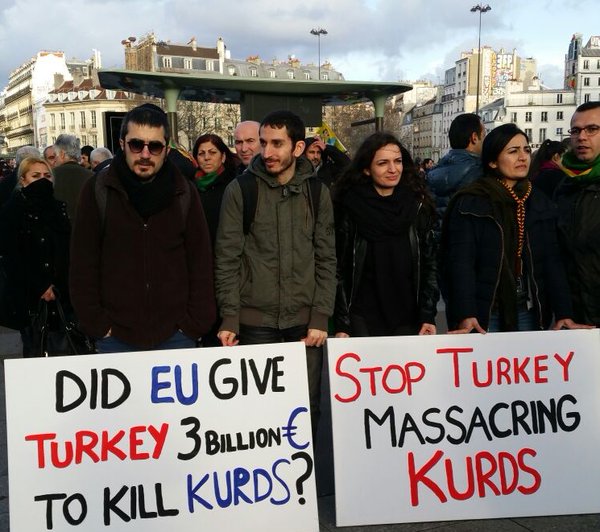


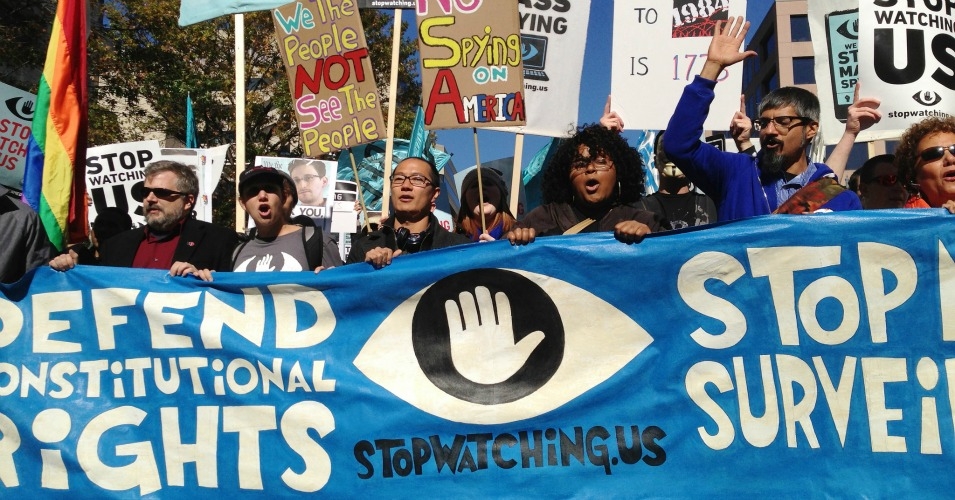
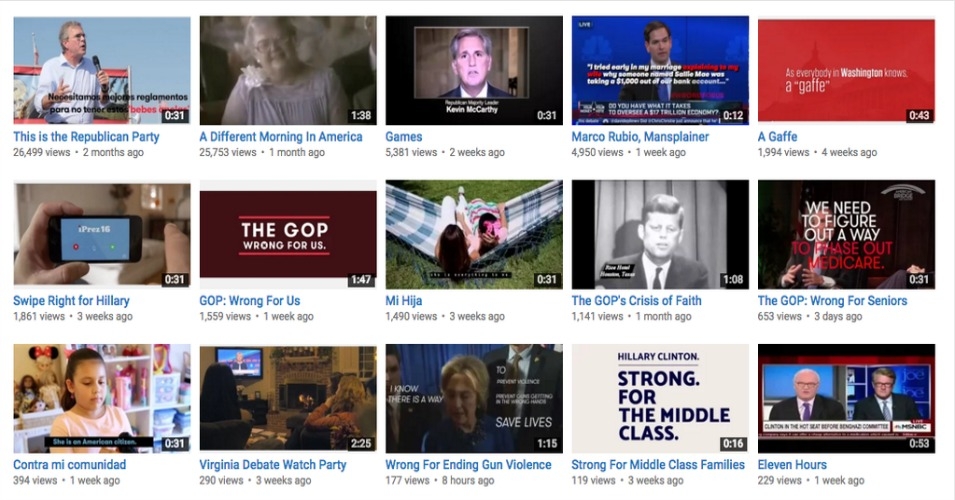
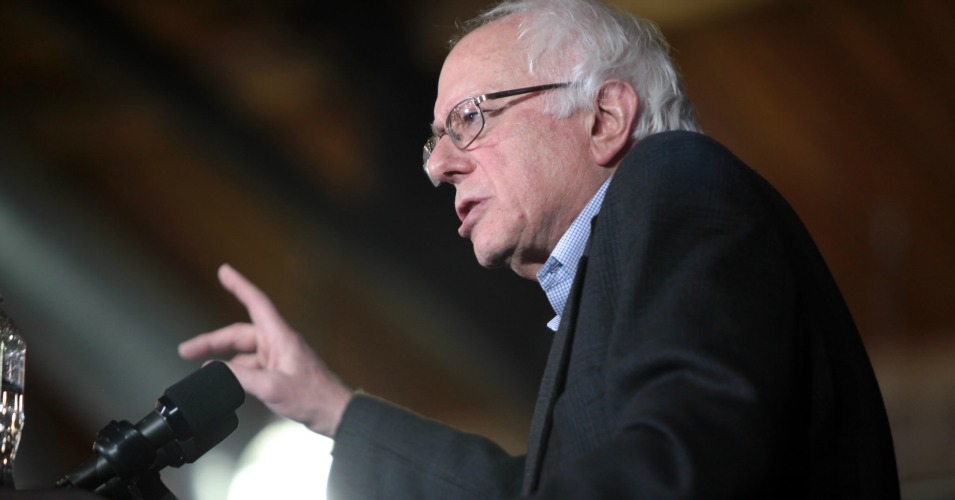
![Vision of the front entrance to the Charlesbank Cooperative high-rise building in Boston from the front walkway. Photo: MaynardClark (Own work) [CC BY-SA 3.0 (http://creativecommons.org/licenses/by-sa/3.0)], via Wikimedia Commons](http://occupyworldwrites.org/wp-content/uploads/2016/01/CharlesbankCooperativeEntranceFromWalk.jpg)
![Homeless veteran in Boston. Photo: Matthew Woitunski (Own work) [CC BY 3.0 (http://creativecommons.org/licenses/by/3.0)], via Wikimedia Commons](http://occupyworldwrites.org/wp-content/uploads/2016/01/512px-Homeless_Man.jpg)
